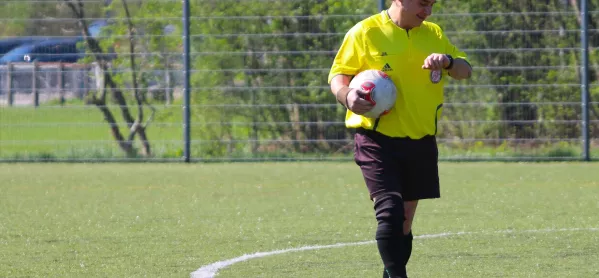Teachers found guilty of conduct that could bring the profession into disrepute, but who are teaching shortage subjects, are escaping bans, a Tes analysis has revealed.
Tes examined all 86 teacher misconduct reports published by the Teaching Regulation Agency (TRA) since it replaced the National College for Teaching and Leadership in April, up to 13 November.
Of the 21 cases in which a teacher was found guilty of bringing the profession into disrepute, but not banned, seven were for secondary teachers where a specific subject was listed. And of these seven cases, six teachers taught shortage subjects: four in maths and two in computer science. The other was a teacher of Jewish studies and a former principal.
Sometimes a link between the shortage subject and its contribution to the TRA panel’s decision is made explicit.
One report - that of computer science teacher Stephen Ivey - noted he was “a specialist teacher in a shortage subject” and that banning him would “clearly deprive the public of his contribution to the profession”.
He was not banned from teaching.
The cases have raised questions about whether a teacher’s subject or role should be taken into account in the decision-making process.
Amanda Brown, deputy general secretary of the National Education Union, said: “They are supposed to show that the misconduct is fundamentally incompatible with being a teacher, and it shouldn’t matter whether someone is a maths teacher or a head or a deputy head.
“Their focus should be very much on the alleged misconduct.”
But Sarah Linden, senior solicitor at the Association of School and College Leaders, argued that an individual’s ability as a teacher, and the potential loss to the profession, should be taken into account by disciplinary panels.
“There is a public interest in good teachers being retained within the profession,” she told Tes.
“It might seem that there are significant inconsistencies between cases, but it doesn’t suggest there is anything untoward going on.”
A Department for Education spokesperson said: “Each case is considered on its own merits and the independent Professional Conduct Panel considers all the evidence available to it when reaching its decision as to whether the facts of a case are proved, and in making its recommendation on prohibition, whether prohibition would be appropriate, proportionate and in the public interest.”
This is an edited article from today’s edition of Tes. This week’s Tes magazine is available in all good newsagents. To download the digital edition, Android users can click here and iOS users can click here




